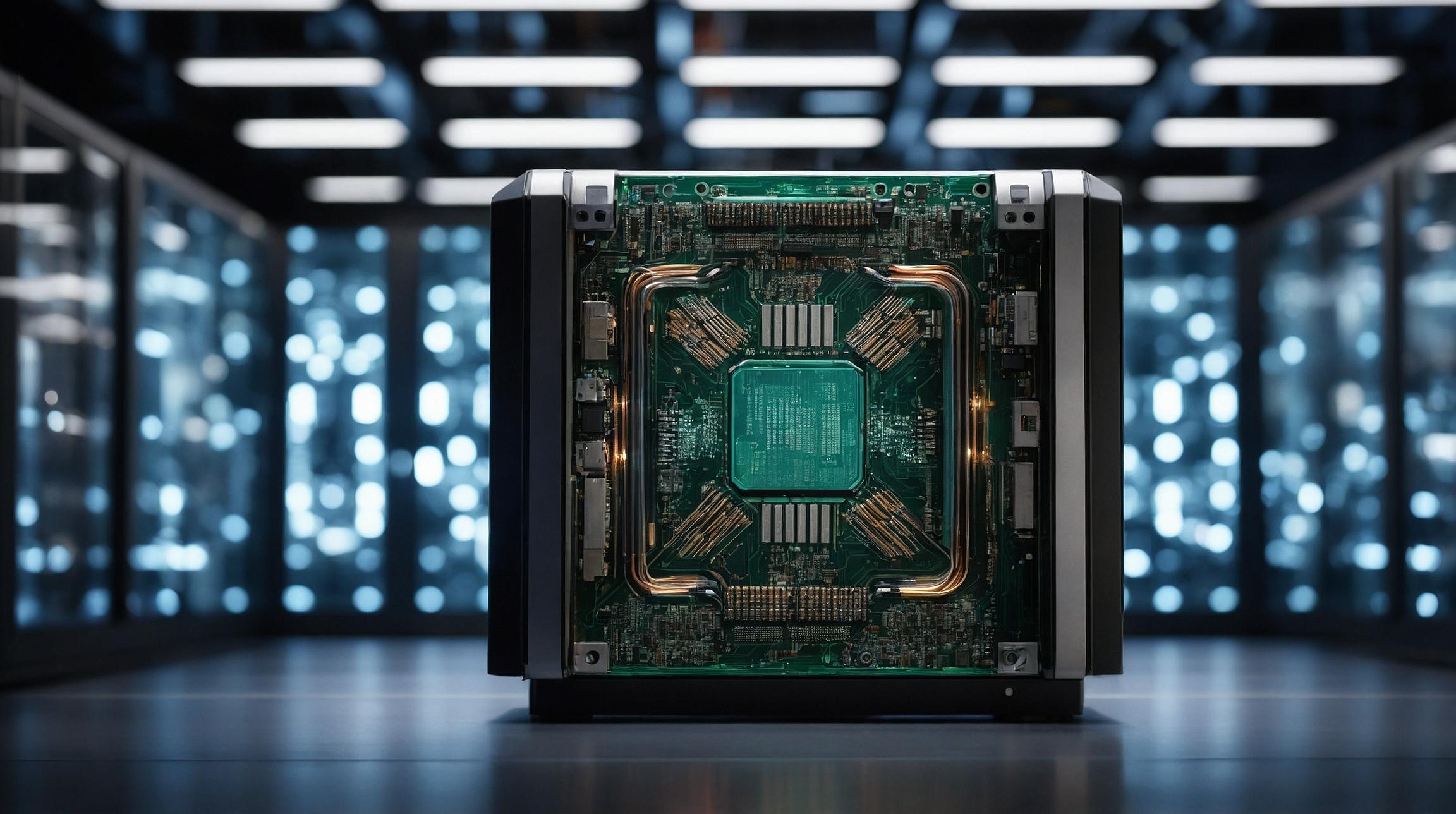IBM's Entry into the AI Chip Market
IBM has made a significant move in the AI chip market by introducing the Telum II processor, targeted at enhancing mainframe systems. This development is particularly significant for industries heavily reliant on IBM's mainframe technology, such as banking, insurance, and retail. The Telum II processor promises to deliver smarter and faster operations by boosting AI capabilities.
In a world where AI applications are increasingly prevalent, the demand for AI chips has skyrocketed. Companies like Nvidia, AMD, and Intel have already seen substantial revenue gains due to this trend. Meanwhile, tech giants such as Google, Amazon, and Microsoft are investing in custom AI processors to push the boundaries of machine learning.
Key Features of Telum II
Revealed at the Hot Chips 2024 conference, the Telum II processor boasts impressive specifications. Developed using Samsung's 5nm technology, it features eight high-performance cores running at 5.5GHz. Additionally, the processor provides a 40% increase in on-chip cache capacity, crucial for handling complex AI models and large datasets. This capability is essential for businesses managing massive amounts of data, such as financial institutions conducting fraud detection or retailers analyzing customer behavior.
The Spyre Accelerator, another element of IBM's new offerings, complements the Telum II. It contains 32 AI accelerator cores, which can be connected to IBM Z systems, enhancing AI processing capabilities when used in conjunction with the Telum II processor.
Understanding the Niche Focus
While IBM's advancements are notable, it's important to understand their scope. Dev Nag, CEO of QueryPal, cautions that these are not general-purpose AI chips like those offered by Nvidia. Instead, they are tailored for IBM's existing mainframe customer base, which remains crucial in sectors like finance and insurance. Mainframes, though considered traditional, are valued for their reliability and security in processing vast transactions.
Maintaining Mainframe Relevance in the AI Era
IBM's strategy is not to overhaul AI computing but to modernize existing systems for its mainframe clients. By introducing advanced AI capabilities, IBM allows these enterprises to remain competitive without transitioning to cloud-based solutions entirely. The company's ensemble method of AI, which combines traditional and new AI models, is particularly beneficial for specific tasks like fraud detection, enhancing accuracy and performance.
Overall, IBM's latest innovation serves as a testament to the enduring relevance of mainframes in certain industries. It also exemplifies how companies can integrate artificial intelligence into their operations without sacrificing existing infrastructure. As IBM continues to infuse AI into enterprise transactions, its solutions are poised to save clients significant sums, demonstrating the real-world impact of these technological advancements.













